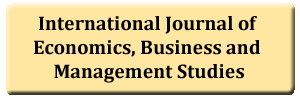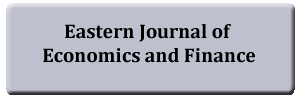Social Studies Curriculum and Cooperation among Preschool Learners in Nairobi County, Kenya: Addressing Effectiveness of Instructional Methods
DOI:
https://doi.org/10.20448/801.41.86.97Keywords:
Cooperation, Discussion, Effectiveness, Role play, Social studies curriculum, Storytelling, Value based education.Abstract
Effective utilization of instructional methods in social studies curriculum nurtures the foundation for developing cooperation among preschool learners for sustained coexistence in society. Appropriate adoption of instructional methods assists in managing behavior dispositions for constructive societal relationships. Adoption of appropriate instructional methods diminishes and averts disruptive behavior and supports problem solving skills which in turn form the basis for cooperative character among learners. However, the mismatch between content learnt in class and behavior dispositions exhibited in society seems to originate from instructional methods employed by preschool teachers in social studies curriculum implementation. This study examined effectiveness of role play, storytelling and discussion methods in enhancing cooperation among pre-primary learners in Nairobi County, Kenya. Anchored on ecological systems theory, this study was informed by evaluation research model using both quantitative and qualitative interpretative paradigms. The target population was 98 pre-preschool teachers purposely sampled from 211 preschools. Questionnaire for pre-primary teachers were used as the main data collection instruments. Quantitative data was summarized and organized according to research questions and arranged into themes for analysis. The findings indicated that storytelling was the most effective instructional methods in enhancing cooperation followed closely by discussion and lastly role play. The study recommends that schools should support value based education through effective utilization of instructional methods for learners to develop cooperation for societal cohesiveness.




